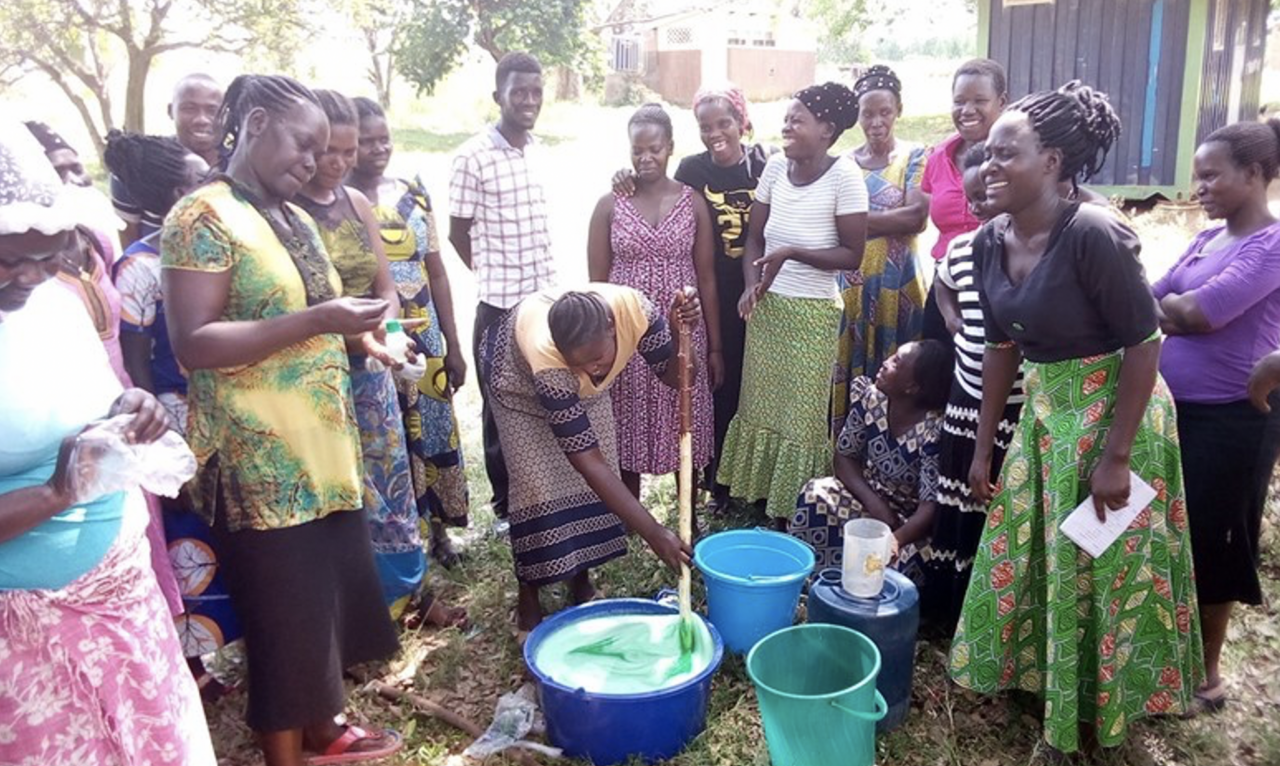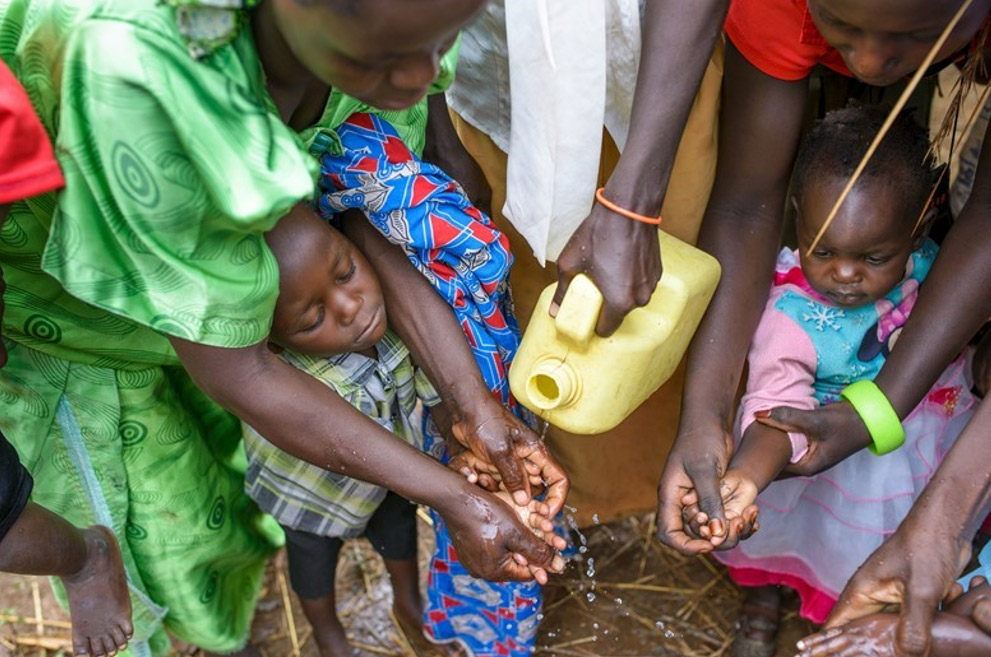On International Women’s Day (March 8), World Vision is joining partner Global Water Challenge (GWC) and a diverse group of organizations to bring attention to the importance of water in the lives of women. Water4Her is a movement initiated by GWC’s women for water initiative and Waterboys to mobilize 100,000 women, to help empower 100,000 women and girls in East Africa by breaking down barriers to a basic need: access to clean water.
These fundraising efforts will support World Vision’s Dream Communities project in Uganda, providing community water supply systems to 25,000 people, training to support 4,000 women as decision-makers for their household and create savings groups for women-led income generation.
Join us by sharing our campaign posts on social media the week of March 8, or by taking the pledge to help empower women and girls in Uganda.
Learn more at: https://water4her.org/donation/world-visions-giving-team/

Waterboys is a leading athlete led platform, founded by former NFL football player Chris Long and his wife Megan, to unite athletes and fans around a single mission: provide clean water access to 1 million people.
Global Water Challenge is a leading water access coalition whose efforts have delivered clean water to over 2 million people across Africa, India, the US and Latin America.
Now, GWC and Waterboys have teamed up to start the water4Her Movement. Led by Megan Long, co-founder of the Chris Long Foundation and former collegiate lacrosse player, this movement will enable women and girls in East Africa to live, learn, earn, lead and thrive through access to clean water.
THE RIPPLE EFFECT
In 2018, the Water and Development Alliance (WADA) in partnership with Coca-Cola, USAID, GWC and research firm Ipsos, studied how improved access to water can impact women, their families, and communities. The results were summarized in the report called the Ripple Effect Study, which shows that water uniquely empowers women and girls, which in turn uplifts communities. By removing barriers to clean water access, women and girls are safer, stronger, healthier, educated, empowered and heard. Women and girls around the world spend millions of hours collecting water that is often unsafe to drink. They may stand in line and wait for water, walk long distances and experience harassment. This is time that would be better spent learning, earning and leading their communities.

Comments